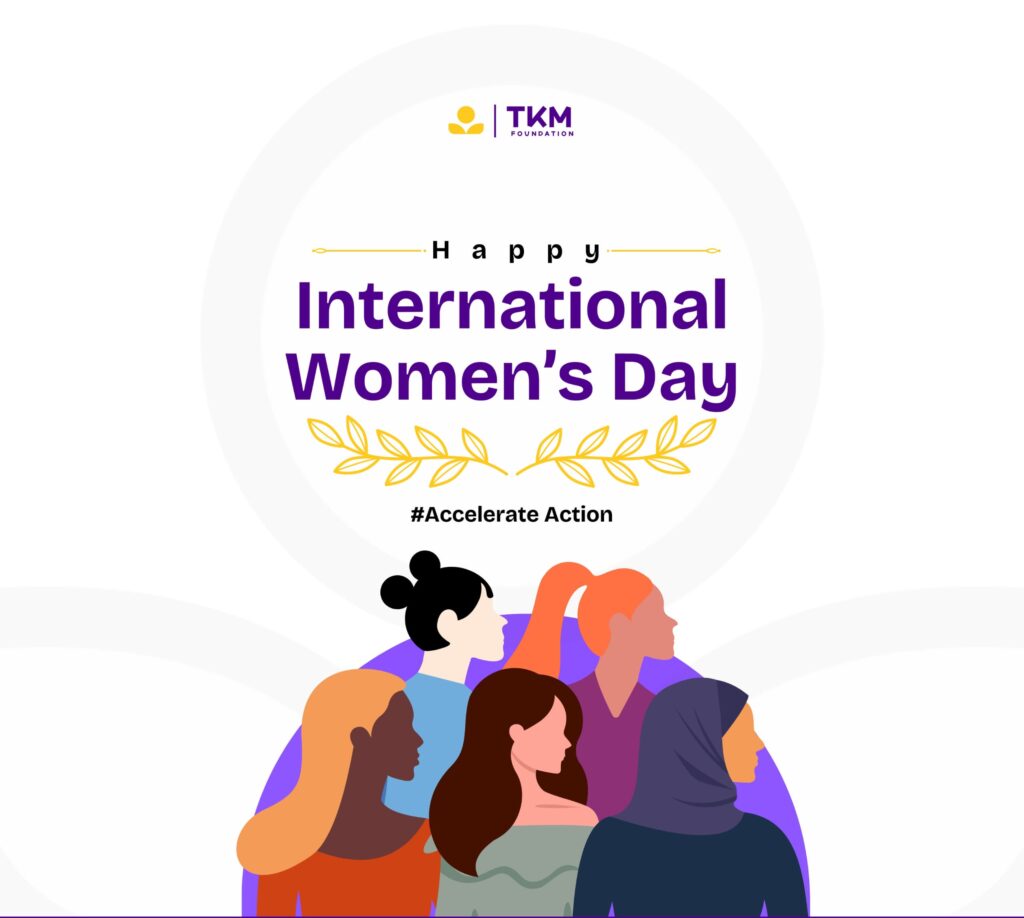Accelerate Action: Ending Gender Inequality in Education
Nigeria’s struggle with gender inequality in education is not merely a social issue; it is a systemic crisis that perpetuates cycles of poverty, undermines public health, and stifles national development. While the visible lack of access to education for girls is alarming, the deeper, often overlooked consequences of this disparity, entrenched economic stagnation, deteriorating health outcomes, and generational disempowerment, demand urgent attention. Nigeria’s education crisis is deeply rooted in patriarchal traditions and regional disparities. In Northern Nigeria, where over 60% of out-of-school girls reside, cultural beliefs prioritize early marriage over schooling. UNICEF reports that 43% of Nigerian girls marry before 18, cutting short their educational journeys and reinforcing dependency. Religious misinterpretations in conservative communities often frame girls’ education as a threat to cultural identity, while poverty forces families to prioritize boys’ schooling as a perceived better investment. These barriers are compounded by insecurity, such as terrorists’ targeted attacks on girls’ schools, and inadequate infrastructure, which disproportionately affects rural areas. This systemic neglect creates a vicious cycle: uneducated girls become marginalized women, perpetuating the same norms that restrict their opportunities. The exclusion of girls from education cripples Nigeria’s economy at both micro and macro levels. Girls denied schooling often internalize societal devaluation, leading to diminished self-worth and mental health struggles like depression. In contrast, educated girls develop critical thinking, confidence, and aspirations that challenge oppressive norms. Globally, each additional year of schooling boosts a woman’s earnings by 10–20%, yet Nigeria forfeits $7.6 billion annually due to gender gaps in education. Educated women are more likely to enter formal employment, launch businesses, and invest in their children’s education. Conversely, uneducated women dominate Nigeria’s informal sector, where low wages and job insecurity trap families in poverty. This loss of productivity reverberates nationally: the World Bank estimates that closing the gender gap in secondary education could increase Nigeria’s GDP by 23% by 2030. The message is clear: a nation that sidelines half its population cannot compete in a globalized economy. Gender inequality in Nigeria’s education system is not an isolated issue; it is the thread that, if pulled, could unravel the nation’s future. As we celebrate International Women’s Day 2025, the call to “Accelerate Action” must resonate beyond hashtags and headlines. Every citizen has a role to play: donate to organizations like the TKM Foundation, volunteer as a mentor, advocate for policy reforms, or amplify the voices of girls fighting for their right to learn. The cost of inaction is a generation of lost potential, but the reward of collective effort is a Nigeria where every girl can thrive, lead, and contribute to her nation’s prosperity. When we educate girls, we don’t just change individual lives–we transform societies.





